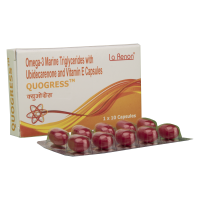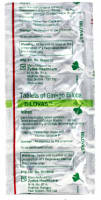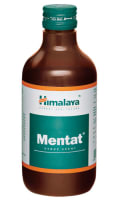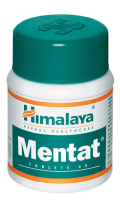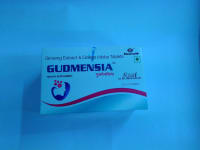USED FOR:
Local anesthesia (Numb tissues in a specific area)
COMPOSITION:
Ropivacaine (2mg)
Therapeutic Uses:
pain analgesics

Interaction with alcohol is unknown. Please consult your doctor.

PROBABLY SAFE
Ropizuva 2mg Injection is probably safe to use during pregnancy.Animal studies have shown low or no adverse effect on the foetus, however, there are limited human studies. Please consult your doctor.

Ropizuva 2mg Injection is probably safe to use during lactation. Limited human data suggests that the drug does not represent a significant risk to the baby.

Ropizuva 2mg Injection may make you feel dizzy, sleepy, tired, or decrease alertness. If this happens, do not drive.

Ropizuva 2mg Injection is probably safe to use in patients with kidney disease. Limited data available suggests that dose adjustment of Ropizuva 2mg Injection may not be needed in these patients. Please consult your doctor.

CAUTION
Ropizuva 2mg Injection should be used with caution in patients with liver disease. Dose adjustment of Ropizuva 2mg Injection may be needed. Please consult your doctor.
Uses of Ropizuva Injection
Ropizuva 2mg Injection is used for local anesthesia.
How to use Ropizuva Injection
Your doctor or nurse will give you this medicine. Kindly do not self administer.
How Ropizuva Injection works
Ropizuva 2mg Injection works by blocking pain signals from the nerves to brain which decreases the sensation of pain.
Common Paresthesia (tingling or pricking sensation), Back pain, Slow heart rate, Dizziness, Headache, Increased blood pressure, Inability to empty the urinary bladder, Increased body temperature, Feeling of cold, Tachycardia, Vomiting.
Expert advice for Ropizuva Injection
Inform your doctor if you have any heart, kidney or liver disease. Your doctor may monitor you closely or may need to adjust the dose of ropivacaine if you have any of these conditions.Tell your doctor if you have or have family history of porphyria (a rare blood pigment disorder).You may be monitored for breathing, blood pressure, oxygen levels, and other vital signs during your treatment with ropivacaine.Seek medical attention if you develop severe allergic reaction: red skin rash, dizziness, sneezing, difficulty breathing, nausea or vomiting, sweating, swelling of face, lips, tongue, or throat.Do not drive or operate machinery until the next day after you have been given ropivacaine.Tell your doctor if you are pregnant or are planning to become pregnant or are breast-feeding.
Q. How is Ropizuva supplied/administered/how long does it last?
Ropizuva is supplied as a solution that is to be administered epidurally either as an injection or as an intravenous infusion. Impact of Ropizuva on body depends on the administration site and dose and may range between 3 to 10 hours. Talk to your doctor if you have any queries about the impact of this medicine
Q. Is Ropizuva a controlled substance?
Ropizuva is not a controlled substance
Q. Is ropivacaine an isomer of bupivacaine/is it safer than bupivacaine?
Ropivacaine is a left isomer of bupivacaine. Compared to bupivacaine, ropivacaine has less toxic effects on heart and central nervous system
Q. Is Ropizuva an ester or amide?
Ropizuva is an amino amide type local anesthetic
Q. Is Ropizuva a narcotic/ is it an opioid?
No. Ropizuva is neither a narcotic nor an opioid.


 Ropizuva 2mg Injection
Ropizuva 2mg Injection  Bookmark
Bookmark
